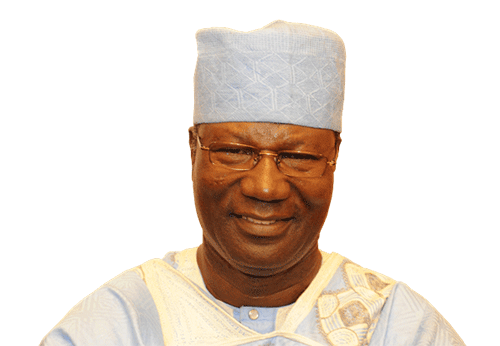Dr Moses Amweelo
Governments are responding to today’s economic and environmental crises with a raft of policies designed to pull in private finance by being business-friendly. These include transitioning to industrial production based on biomass rather than fossil fuels and creating new markets that allow the private sector to trade in the world’s ecosystem functions. However, these novel approaches are fraught with risk. They are largely untested and look set to have significant social and environmental impacts of their own, especially because of the way in which they will ramp up demand for natural resources and land. Women are likely to be impacted particularly severely, mainly because of their involvement in managing and using natural resources, their role in small-scale agriculture and the production of food, and their lack of formal land nature and involvement in decision-making processes. Negative impacts are likely to include denial of access to resources, loss of land for farming, and exclusion from the increasingly commercialised world of ‘bio economies’ and ‘ecosystem services’ markets. This will in turn contribute to the feminisation of poverty. Women’s issues and environmental issues are often considered as being separate issues, which may not be all that surprising to some, given that in today’s world, a significant part of the population lives in cities. But in many countries, and especially in rural areas, gender roles remain differentiated, and women continue to have traditional responsibility for supplying their families with food and water, and providing overall care for them, often without economic compensation.
Thus, most rural women’s activities are related to small-scale, subsistence farming, whereas men tend to dominate those areas that relate to commercialisation, throughout marketing and distribution chains. In Africa for instance, 70% of the agriculture is in the hands of women and 90% of women manage household water and fuelwood. Hence, women spend more time on tasks that deal directly with the use of natural resources. In fact, “for many women, biodiversity is the cornerstone of their work, their belief systems and their basic survival; for indigenous and local communities in particular, direct links with the land are fundamental, and obligations to maintain this form the core of individual and group identity.’’
Certainly, industries looking for further sources of biomass in order to meet demand, mainly from northern countries, are bound to affect this relationship that women have with biodiversity, which has been maintained over centuries, with detrimental consequences for rural and indigenous women’s livelihoods and survival, especially if they are denied free access to and control over land and/or natural resources. Women and their families often have to rely on land that they have traditionally used but that they do not formally own, and this constitutes their main basis for survival. The impacts are felt even more sharply in many households where women are the head of the household and depend on their home-based businesses for generating income.
But governments’ targets for replacing fossil fuels with other renewable energy resources will further complicate the situation for rural and indigenous women who depend on natural resources. The EU has energy use targets in place for 20% of renewable sources by 2020, but most of these renewables come from trees, which was seen by governments as the only possible way to meet these targets. Thus, the scale of global demand for wood to feed the different industries moving into the ‘renewables business’ is likely to lead to the further uprooting of forest-dependent women. In addition, the privatisation and commodification of natural resources to supply the market for ‘environmental services’ continues to exacerbate the problem as the different burdens imposed on women multiply.
Women are less likely to be considered as providers of these ‘environmental services’ because they have fewer property rights and fewer capital assets. In other words, they are not seen as the providers of those services.
The fact that they generally have less access to education and reduced participation in processes that affect them also makes it much harder to engage in important processes that affect their livelihoods.
This means that their own needs are much less likely to be taken into account.
They may also find it difficult to participate in programmes because of the burdens of caring for their families and having to deal with problems such as polluted water sources or deforested areas, which mean that they have to walk much further in order to collect fresh water, fuel, fruits and seeds, etcetera. Market-oriented policies tend to benefit larger farmers and to increase inequalities between them and smallholder producers. Thus, the existing patriarchal systems are kept in place: “Issues with property rights are rooted in historic patriarchal systems where women lack any land tenure rights, including inheritance rights. Still today, some land reform programmes in different global regions have had the tendency to ignore gender.’’
*Dr Moses Amweelo is a former minister of works, transport and communication. He earned a doctorate in technical science, industrial engineering and management from the International Transport Academy (St Petersburg, Russia).



